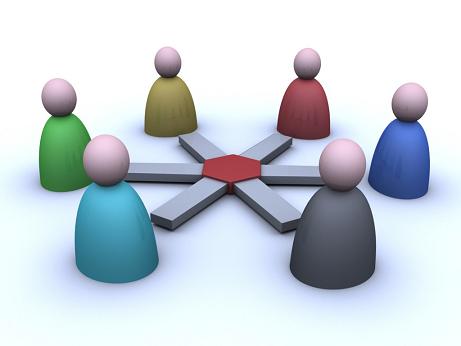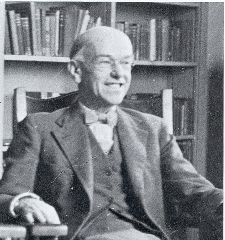The study of Survey Feedback played an important role in formation and history of Organizational Development (OD). Developed as an organization wide intervention by Mann and his associates (1957-1965), survey feedback is a process in which organizational members complete questionnaires on various organizational issues, receive feedback on the results, then take appropriate actions to address the critical needs and concerns.
Though some type of survey method was prevalent in various organizations earlier, Institute for Social Research (ISR) of University of Michigan, USA developed a comprehensive questionnaire for conducting survey in different aspects of an organization. The basic objectives of survey feedback method are as follows:
- To assist the organization in diagnosing its problems and developing action plan for problem-solving.



